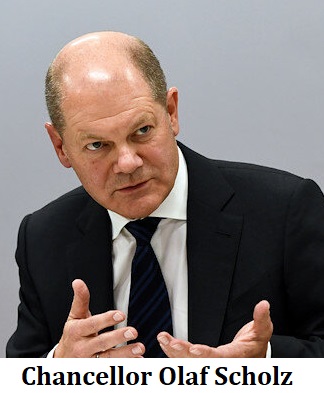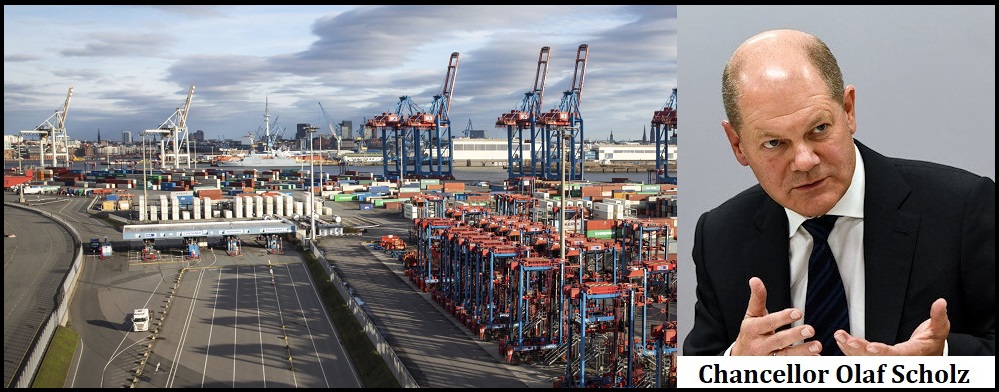The German Government Has Collapsed
The NATO war in Ukraine is essentially lost. Russia holds the strongest position against Kyiv and its supporters. President Donald Trump is set to take office in the USA raising new questions over Europeans’ trade relations, elimination of the Marshal Plan, and EU spending on their own common defense. Then add the slow-motion collapse of Trudeau’s Canadian government, and consider…
 …Hungary has rebuked the Brussels control agenda. Georgia has rejected NATO and the EU’s manipulation. The government of France, essentially Germany’s most powerful partner leading the European Union, collapsed on a few short weeks ago. And now Germany, Europe’s largest economy, will be in the hands of a caretaker government until they can organize elections early next year.
…Hungary has rebuked the Brussels control agenda. Georgia has rejected NATO and the EU’s manipulation. The government of France, essentially Germany’s most powerful partner leading the European Union, collapsed on a few short weeks ago. And now Germany, Europe’s largest economy, will be in the hands of a caretaker government until they can organize elections early next year.
When the control mechanisms of the totalitarian left fail, we see the machinery tremoring slowly, slowly, until suddenly, all at once it freezes.
GERMANY – The German government collapsed on Monday as Chancellor Olaf Scholz lost a confidence vote in Parliament, deepening a crisis of leadership across Europe at a time of mounting economic and security challenges.
[…] On Monday, German lawmakers voted to dissolve the existing government by a vote of 394 to 207, with 116 abstaining.
Coming just nine months before parliamentary elections had been scheduled to happen, the vote was an extraordinary moment for Germany. The elections, now expected on Feb. 23, will be only the fourth snap election in the 75 years since the modern state was founded. The moment reflects a new era of more fractious and unstable politics in a country long known for durable coalitions built on plodding consensus.
Mr. Scholz had little choice but to take the unusual step of calling for the confidence vote after his three-party coalition splintered in November, ending months of bitter internal squabbling and leaving him without a parliamentary majority to pass laws or a budget.
But the country’s political uncertainty is likely to last a month or more, with a new permanent government not forming until parties have agreed on a coalition, probably in April or May.
Seven parties will go into the campaign for Parliament with a realistic chance of gaining seats, and some on the political fringes — especially on the right — are poised for strong showings, according to polls. Mr. Scholz is widely expected to be ousted as chancellor (read more)






Post a Comment